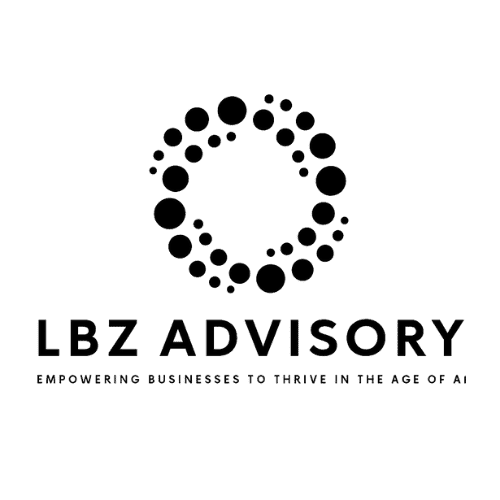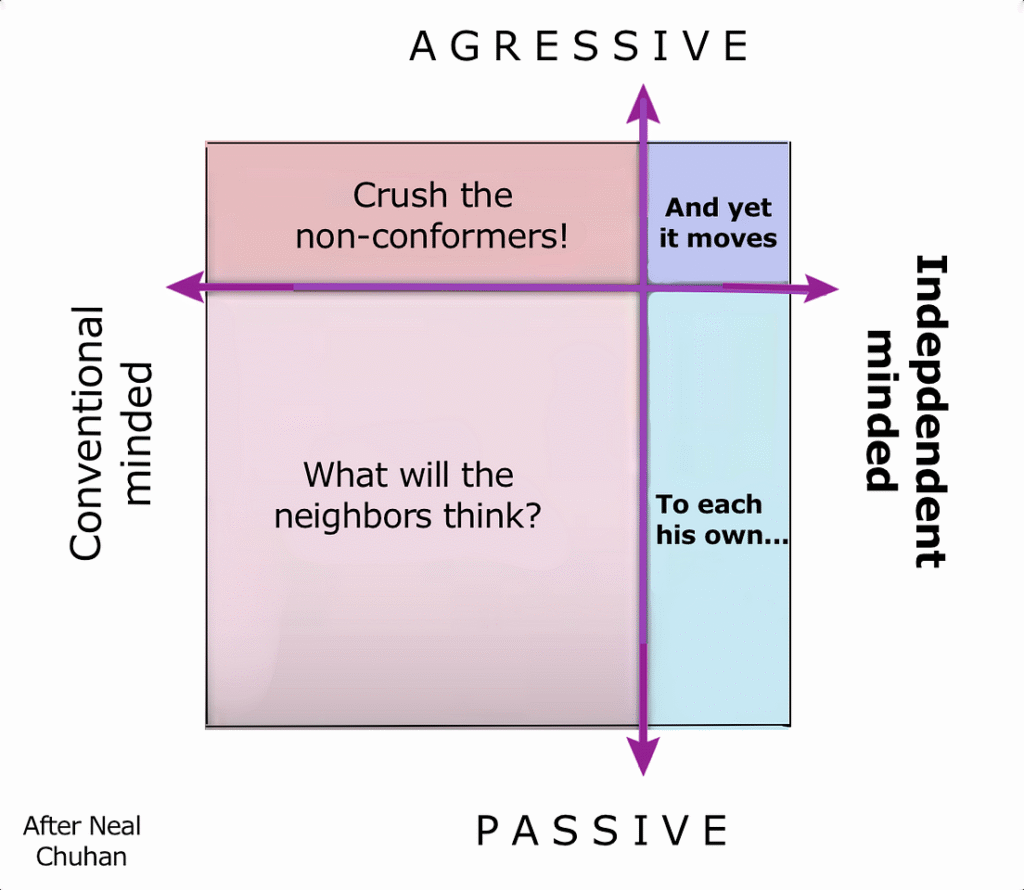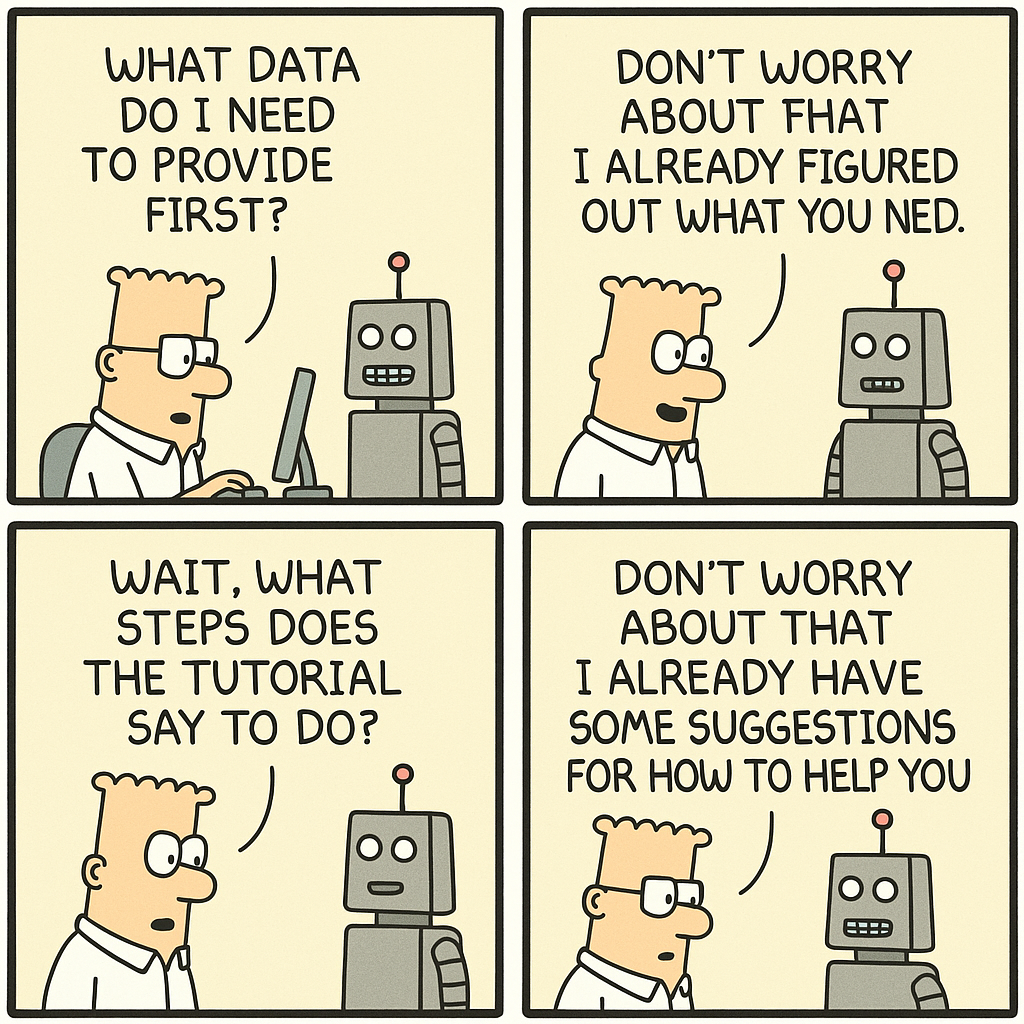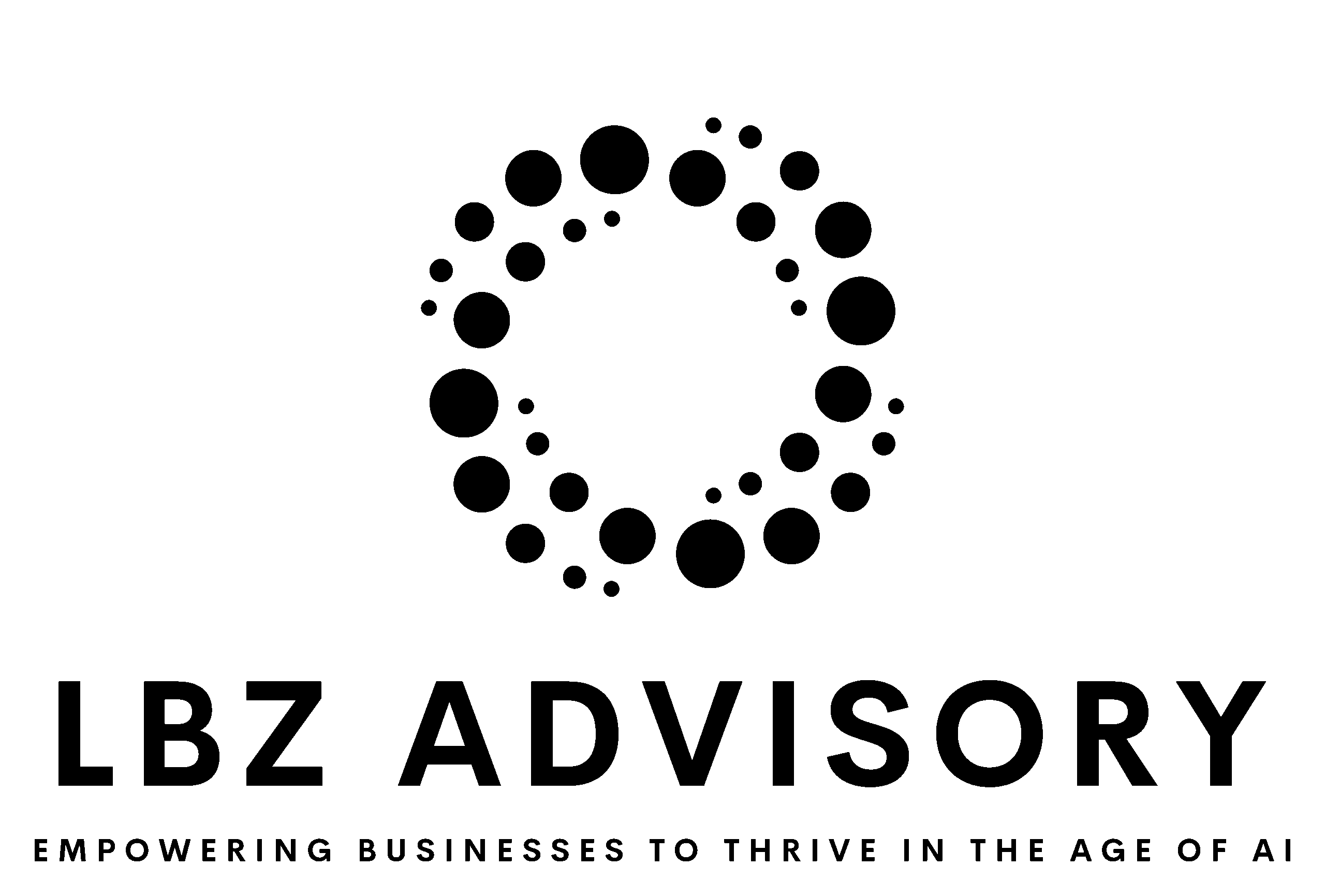Nonconformists have long been the driving force behind innovation and progress in business. Yet in today’s corporate landscape, where “best practices” and standardized norms reign supreme, it can be challenging for independent thinkers to thrive. Paul Graham’s framework, which classifies people based on their attitudes towards societal norms, offers valuable insights into navigating this complex terrain.
Graham identifies four types:
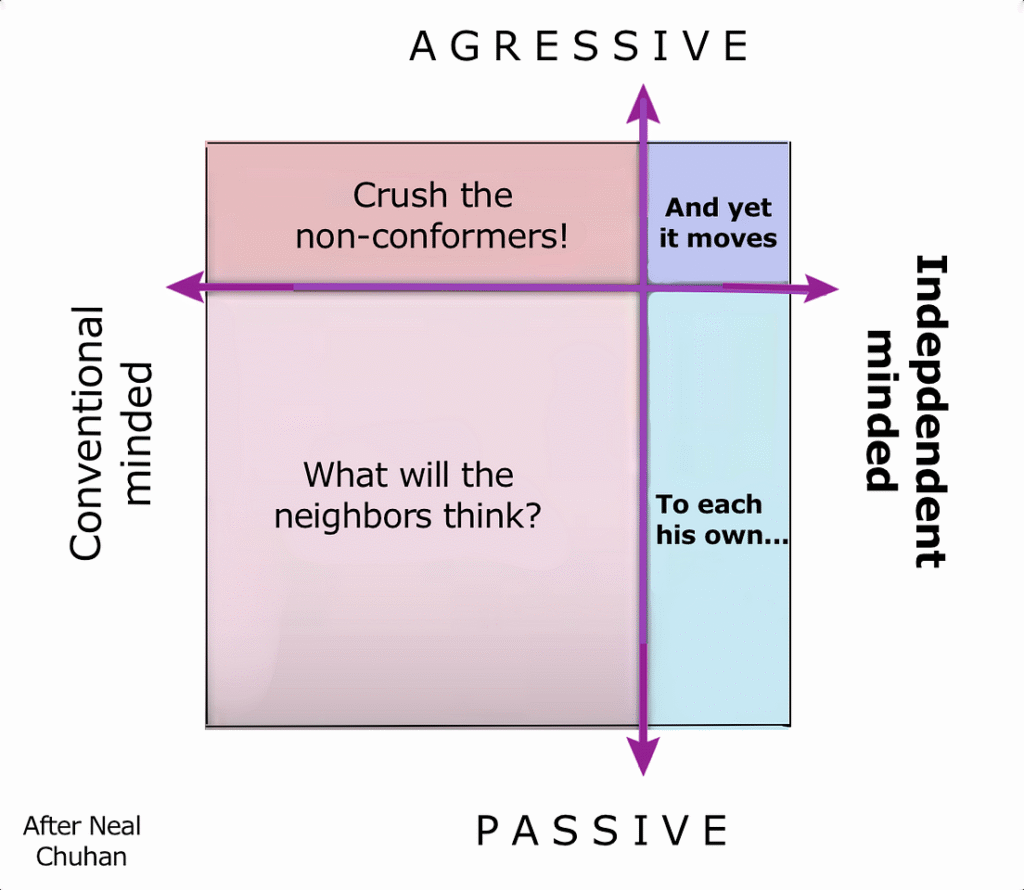
The Aggressively Conventional-Minded
In the workplace, the aggressively conventional-minded are the staunch rule-followers. They strictly adhere to company policies and expect others to do the same. Their rigidity can maintain order but often stifles creativity. Leaders in this quadrant can be reliable, but they may struggle with innovation, potentially hindering the company’s adaptability.
The Passively Conventional-Minded
Passively conventional-minded individuals follow the rules but do not enforce them on others. They are dependable team members who maintain harmony but rarely challenge the status quo. In leadership roles, they provide stability but may lack the drive to inspire groundbreaking changes.
The Passively Independent-Minded
Those who are passively independent-minded tend to think outside the box but are cautious about expressing their unconventional ideas. They contribute innovative solutions when encouraged. Leaders in this group can be empathetic and flexible, fostering a collaborative environment while subtly steering the team towards innovation.
The Aggressively Independent-Minded
The aggressively independent-minded, like myself, thrive on challenging norms and seeking new ways to solve problems. In the corporate world, this mindset drives significant innovation and transformation. However, it can also lead to conflicts with more conventional colleagues. As leaders, we can inspire radical change and motivate our teams to think creatively, but we must balance this with an understanding of organizational constraints.
Implications for Leadership
As an aggressively independent-minded nonconformist, I’ve found embracing this mindset in the corporate world to be both challenging and immensely rewarding. We bring a fresh perspective and push boundaries, but can face pushback from more conventional colleagues. The key is finding the right balance – staying true to our innovative spirit while being attuned to organizational constraints and building bridges with diverse stakeholders.
Effective leadership today requires deftly navigating these different mindsets. The most impactful leaders create cultures that make space for independent thought while providing enough stability and structure for the conventional-minded to thrive. They assemble dynamic teams that harness the strengths of rule-followers and rule-breakers alike. And they foster environments of psychological safety where employees across the spectrum feel supported in contributing their full talents.
This isn’t always a simple balance to strike.
Nonconformity in Corporate Governance
Research shows that organizational nonconformity to global corporate governance norms depends on complex configurations of institutional factors, like shareholder rights and labor power, along with firm characteristics like size and ownership structure. In some contexts, influential shareholders or managers drive overconformity. In others, dominant blockholders, labor rights, and smaller company size enable underconformity. There’s no universal template, but a keen awareness of how power and interests shape governance.
The reality is, we need both conformists and nonconformists to build enduring organizations. Conventionally minded employees bring stability, reliability, and execution excellence. Independent thinkers spur the bold innovations that create new markets and reshape industries. The magic happens when forward-thinking leaders leverage the full spectrum of mindsets towards a shared purpose.
For nonconformists to thrive in the corporate world, two things need to happen: individuals must proactively shape environments that welcome their unique contributions, and organizations must commit to confronting the barriers that stifle independent thinking. This work isn’t easy, but it’s essential. In an era of disruption and transformation, the companies that will endure are those that make space for the rebels, visionaries, and change agents. Our future depends on embracing those who see the world differently.
